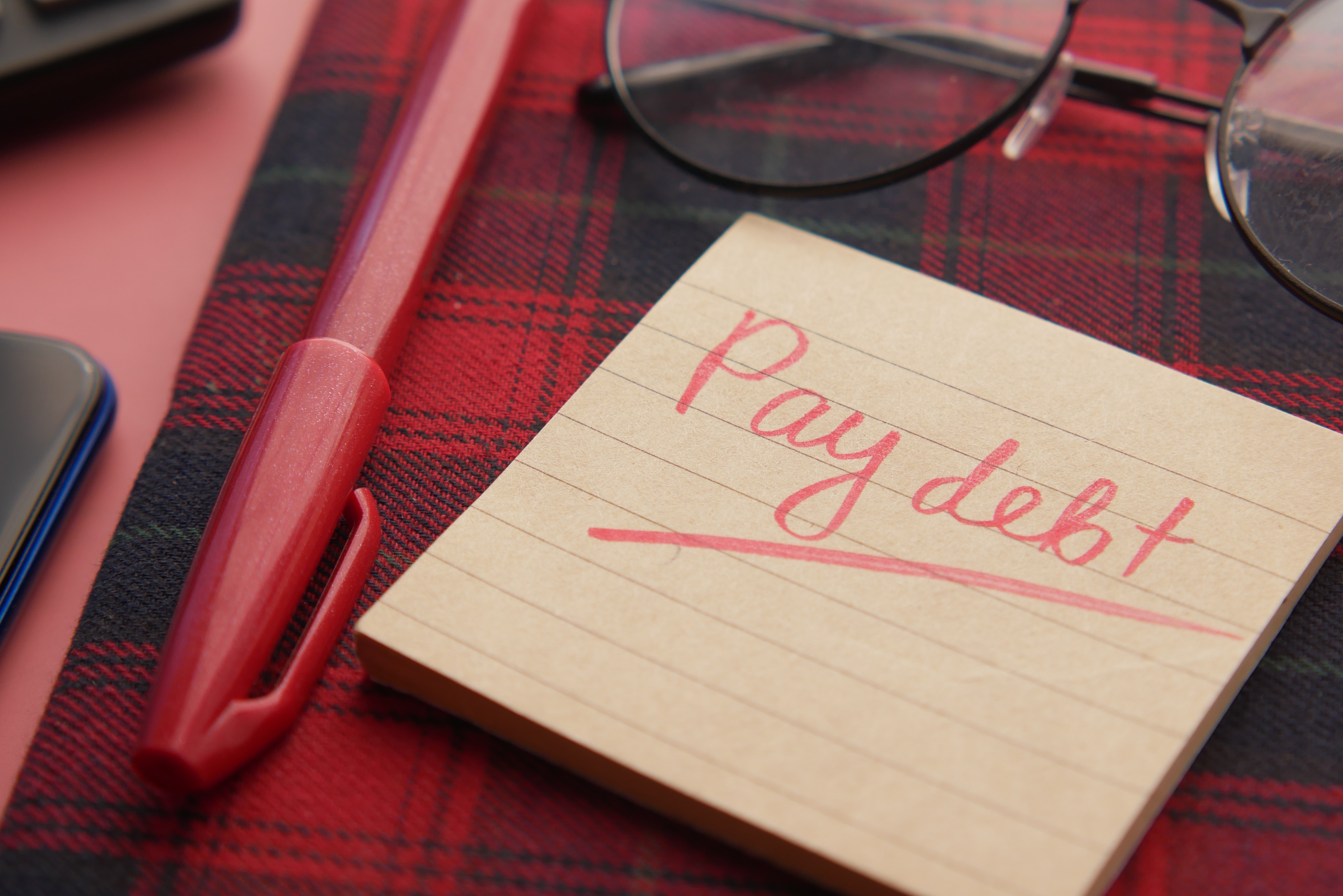A good credit score is essential in today's financial world. It can help you secure loans at lower interest rates, get better insurance rates, and even land that dream job. Improving your credit score may seem challenging, but with the right information and a bit of dedication, you can make significant progress. In this article, we'll cover the ins and outs of credit scores, provide tips for improvement, and answer some common questions.
Understanding Your Credit Score
Your credit score is a three-digit number that represents your creditworthiness. It's calculated using information from your credit report, which includes your payment history, amounts owed, length of credit history, types of credit, and recent credit inquiries. The most widely used credit scoring model is the FICO Score, which ranges from 300 to 850.
Get Your Credit Report
Before you can improve your credit score, you need to know where you stand. Request a free credit report from each of the three major credit bureaus – Equifax, Experian, and TransUnion – at least once a year. Review your reports for errors and discrepancies, and dispute any inaccuracies promptly.
Pay Your Bills on Time
Your payment history accounts for 35% of your FICO Score, making it the most critical factor in determining your credit score. Consistently paying your bills on time is the single most important thing you can do to improve your credit score.
Reduce Credit Utilization
Credit utilization is the ratio of your credit card balances to your credit limits. It accounts for 30% of your FICO Score. To improve your credit score, aim to keep your credit utilization below 30%. You can do this by paying off your credit card balances, requesting a credit limit increase, or using multiple credit cards responsibly.
Build a Longer Credit History
The length of your credit history accounts for 15% of your FICO Score. The longer you've had credit accounts open and in good standing, the better. Don't close old accounts unless necessary, as this can negatively impact your credit history length.
Diversify Your Credit Mix
The types of credit you have – such as credit cards, mortgages, and installment loans – make up 10% of your FICO Score. Having a diverse credit mix can positively impact your credit score. However, don't open new accounts just to diversify your credit mix, as this could lead to more inquiries and a shorter average account age.
Limit Hard Inquiries
Each time you apply for new credit, a hard inquiry is recorded on your credit report, potentially lowering your credit score. Hard inquiries account for 10% of your FICO Score. Limit the number of hard inquiries by only applying for credit when necessary.
Q&A Section:
Q: How long does it take to improve my credit score?
A: The time it takes to improve your credit score depends on the factors affecting it. If you have a history of late payments or high credit utilization, it might take a few months of consistent on-time payments and balance reduction to see improvement. If your credit score is low due to a lack of credit history, it might take longer to build a solid credit foundation.
Q: Can I remove negative items from my credit report?
A: Negative items, such as late payments, collections, or bankruptcies, will eventually fall off your credit report after a certain period (usually
7-10 years). However, if you find inaccurate negative information on your report, you can dispute it with the credit bureaus to have it removed.
Q: How can I improve my credit score without using credit cards?
A: While credit cards are a common way to build credit, there are other options. You can consider applying for a secured loan or a credit-builder loan, both of which are designed to help people establish or rebuild credit. Additionally, ensure that your rent payments are reported to the credit bureaus, as a consistent rental payment history can also help improve your credit score.
Q: Will paying off all my debt at once significantly improve my credit score?
A: Paying off your debt can help improve your credit score, particularly if you have high credit utilization. However, it's essential to maintain a mix of credit types and continue using credit responsibly. Abruptly closing all your accounts after paying off debt could have a negative impact on your credit score due to the reduced credit mix and shortened credit history.
Q: How does closing a credit card account affect my credit score?
A: Closing a credit card account can potentially lower your credit score. It may reduce your available credit, increasing your credit utilization ratio, and shorten your credit history. Before closing an account, consider the potential impact on your credit score, and weigh the benefits and drawbacks.
Improving your credit score takes time, effort, and a commitment to responsible financial habits. By understanding the factors that contribute to your credit score and following the steps outlined in this article, you can make significant progress. Remember to monitor your credit report regularly, pay your bills on time, maintain a low credit utilization ratio, and be mindful of the impact of new credit inquiries. By doing so, you'll be well on your way to a better credit score and a stronger financial future.










